It is hard to fight against impulsive desire; whatever it wants it will buy at the cost of the soul
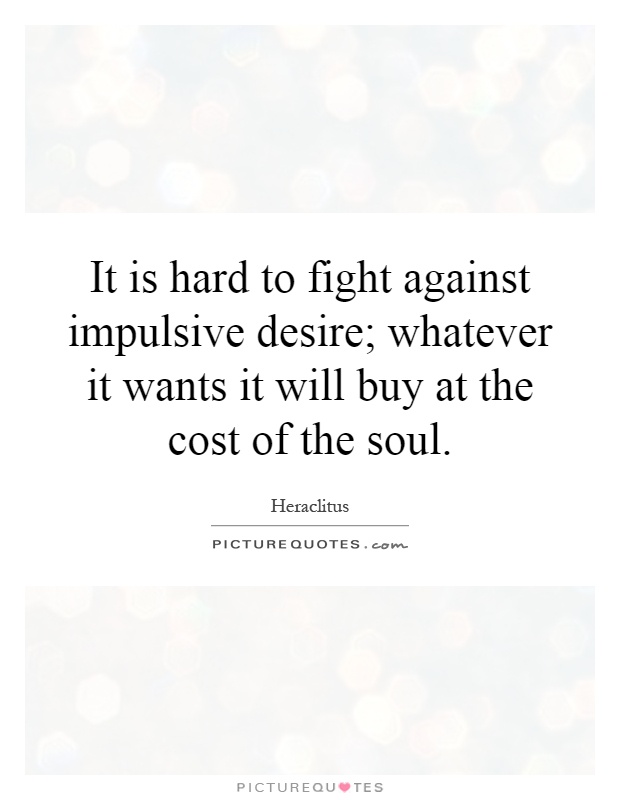
It is hard to fight against impulsive desire; whatever it wants it will buy at the cost of the soul
Heraclitus, the ancient Greek philosopher known for his profound insights into the nature of the universe and human existence, believed that the struggle against impulsive desire was a central challenge in the quest for wisdom and self-mastery. In his famous quote, "It is hard to fight against impulsive desire; whatever it wants it will buy at the cost of the soul," Heraclitus captures the destructive power of unchecked desires and the toll they can take on the soul.Impulsive desires, driven by the irrational and fleeting whims of the moment, can lead individuals down a dangerous path of self-destruction. When we give in to these desires without restraint or reflection, we risk sacrificing our higher values, principles, and integrity in exchange for temporary gratification. In doing so, we compromise our soul, the essence of our being that is meant to guide us towards truth, goodness, and virtue.
Heraclitus understood that the battle against impulsive desire was not an easy one. It requires discipline, self-awareness, and a deep understanding of one's own nature and motivations. By cultivating a sense of inner harmony and balance, we can resist the temptations of the moment and make choices that align with our true selves and our long-term well-being.
The cost of succumbing to impulsive desire, according to Heraclitus, is not just material or physical but spiritual and existential. When we prioritize the fleeting pleasures of the moment over the enduring values of the soul, we risk losing our sense of purpose, meaning, and connection to the greater whole. Our actions become disconnected from our true selves, leading to a sense of emptiness, alienation, and disintegration of the soul.

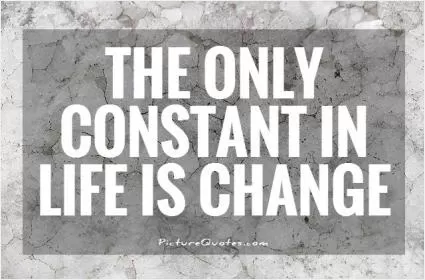
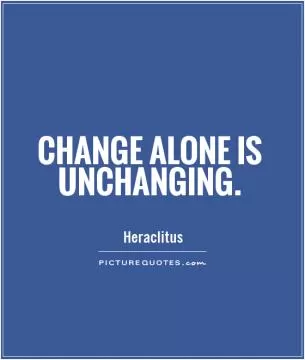

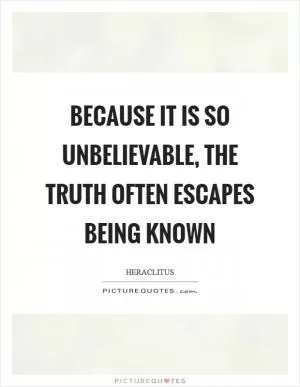

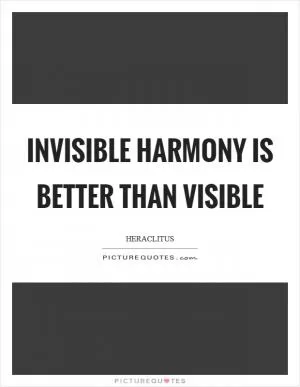





 Friendship Quotes
Friendship Quotes Love Quotes
Love Quotes Life Quotes
Life Quotes Funny Quotes
Funny Quotes Motivational Quotes
Motivational Quotes Inspirational Quotes
Inspirational Quotes